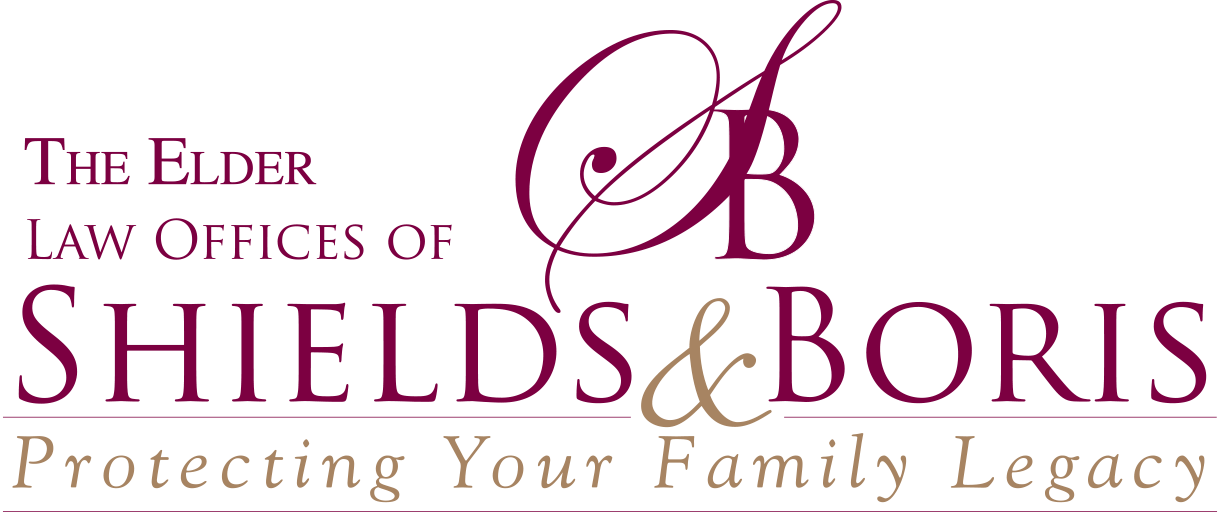How to Use Trusts for Effective Asset Protection in Estate Planning
Posted on July 6, 2025 by shieldsandboris
Trusts are one of the most powerful tools available for safeguarding your assets during your lifetime and after. By placing property or funds into a properly structured trust, you can reduce exposure to creditor claims, liability in lawsuits, and you can even avoid delays in the probate process. At The Elder Law Offices of Shields & Boris, we have deep experience with trust planning. Here, our Pennsylvania asset protection lawyers explain how trusts can be a useful part of your estate plan.
What is Asset Protection and Why Does it Matter?
Investopedia explains that asset protection is “the adoption of strategies to guard one's wealth.” In other words, asset protection is the process of legally safeguarding your wealth from potential claims by long-term care costs, creditors, lawsuits, or other financial threats. It is a broad term because what asset protection actually entails can vary widely depending on the specific situation.
Asset protection matters because aging has the potential to bring a wide range of financial risks. By taking proactive steps, you can maintain control over your property, limit losses, and provide long-term security for yourself and your family. The goal is peace of mind, financial stability, and wealth preservation.
A Guide for Using Trusts for Asset Protection in Pennsylvania
Trusts are among the most effective asset protection tools that you can include as part of a more comprehensive estate plan. In Pennsylvania, trusts allow individuals to place assets under the control of a trustee for the benefit of named beneficiaries. By transferring legal ownership of property to a trust, people can limit exposure to creditors and preserve wealth for future generations. With that being said, not all trusts offer strong asset protection. The specific structure matters. Here is an overview of the most important things that you should know:
Revocable vs. Irrevocable Trusts (The Difference Matters): The first step in understanding trusts for asset protection is distinguishing between revocable and irrevocable trusts. Revocable trusts are trusts that remain in control of the grantor (creator). While that is a big benefit, revocable trusts are not effective for asset protection. Creditors can access these assets because the grantor retains control. In contrast, an irrevocable trust requires the grantor to give up control. However, in turn, they get strong asset protection.
There are Many Types of Asset Protection Trusts in Pennsylvania: Not all irrevocable trusts are identical. They have different requirements, are created for different purposes, and offer different advantages and disadvantages. An Irrevocable Grantor Trust is established for the benefit of third parties or beneficiaries. It is typically designed to benefit a spouse, children, or other third party. Assets are protected from the beneficiaries’ creditors, as long as distributions are discretionary. On the other hand, Medicaid Asset Protection Trusts (MAPTs) are designed to protect assets from being spent down on long-term care costs. Notably, they must be created and funded at least five years before applying for Medicaid. A Western Pennsylvania estate planning lawyer can help you find the right trust for your specific situation.
Know the Key Legal Elements of an Effective Asset Protection Trust: In order to maximize protection and avoid legal challenges, the trust must be structured properly. To start, the creator cannot have control. He or she cannot retain powers that resemble ownership or control. They should avoid serving as a trustee or retaining the right to revoke the trust. There should also be appropriate spendthrift provisions. These types of provisions prevent creditors from accessing trust assets before distribution to beneficiaries. That fact must be clearly stated in the trust document under Pennsylvania law. Finally, proper funding of the trust is a must. Notably, only assets that are formally transferred to the trust are protected. Further, the grantor must follow legal procedures for changing titles or beneficiary designations.
Is an Asset Protection Trust the Right Option for Me?
Is an asset protection trust the right option for your situation? The answer will depend, in large part, on the nature of your estate planning needs. Notably, trusts are a great estate planning tool for many people and families in Western Pennsylvania. An asset protection trust may be appropriate for people who:
- Work in high-liability professions (e.g., physicians, business owners);
- Own significant real estate or financial assets;
- Are concerned about future long-term care costs;
- Wish to preserve wealth for children or grandchildren; and
- Anticipate possible divorce or other potential creditor issues.
Of course, trusts are not the right choice for every situation. A Pennsylvania estate planning lawyer who has experience with asset protection can take a careful look at your needs and your goals and help you determine the best course of action. By leveraging the right type of trust, you can protect your wealth, gain peace of mind, and ensure your legacy is preserved for those who matter most.
How Our Pennsylvania Estate Planning Lawyers Can Help
The reality is that aging presents an inherent risk to your wealth. It is crucial that you have a proper plan in place to protect your hard-earned life savings. At The Elder Law Offices of Shields & Boris, we are well-versed in asset protection. It is our team’s goal to help clients find the right solution for their needs. Trusts have the potential to be a highly effective asset protection tool for many people and families. We are ready to help you figure out if one (or more) is right for your specific situation. Our Pennsylvania estate planning attorney provides completely confidential consultation to people and families with questions about asset protection.
Contact Our Western Pennsylvania Asset Protection Attorney for Families Today
At The Elder Law Offices of Shields & Boris, our Pennsylvania asset protection lawyer is standing by, ready to advocate for your rights and your interests. If you have any questions or concerns about using a trust as an asset protection tool, we are here to help. Give us a call at (724) 302-3718 or contact us online for a confidential consultation. We help people and families with asset protection throughout all of Western Pennsylvania.




